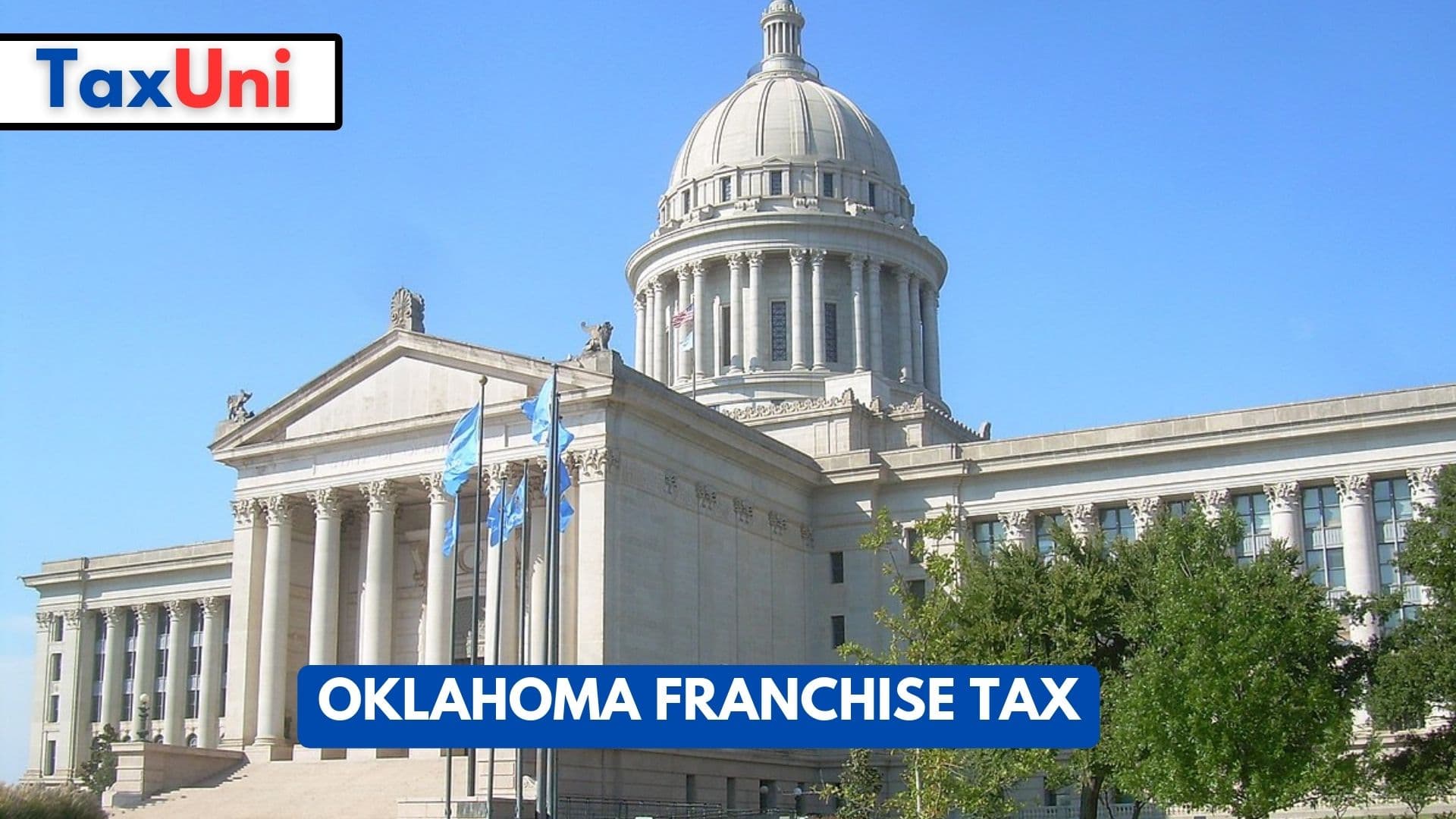Oklahoma Franchise Tax
Navigating Oklahoma's franchise tax requirements is essential for businesses to maintain compliance and avoid penalties. This guide provides comprehensive information on who must file, how to file, payment methods, exemptions, and important due dates.

Contents
Oklahoma franchise tax is a critical requirement for certain businesses operating within the state. Designed to assess the value of a company’s operations in Oklahoma, the franchise tax helps fund state services and infrastructure. Understanding the specifics of who must file, how to file, and payment options can ensure that businesses remain compliant and avoid unnecessary penalties. Whether you are a new business owner or an established company, staying informed about Oklahoma’s franchise taxes is essential for financial planning and regulatory compliance.
In Oklahoma, corporations, including both domestic and foreign entities, are required to file the Oklahoma franchise tax. This includes C corporations, S corporations, and other business entities registered to do business in the state. However, certain entities, such as non-profit organizations and limited liability companies (LLCs) that have elected to be taxed as partnerships, are exempt from this tax. Understanding your business’s classification is crucial in determining whether you are subject to Oklahoma’s franchise tax.

How to File Oklahoma Franchise Tax?
Filing Oklahoma franchise tax involves submitting specific forms and adhering to the state’s guidelines. The primary form used for filing is Form FRX-200, the Oklahoma Annual Franchise Tax Return. This form requires detailed information about the corporation’s assets, liabilities, and net worth. The Oklahoma Tax Commission provides options for filing electronically through their online portal or by mailing the completed Form FRX-200 to the designated address.
Which Form is Used to File Oklahoma Franchise Tax?
The key form for filing Oklahoma franchise tax is Form FRX-200. This form captures essential financial information about the corporation, such as its total assets, liabilities, and net worth, to calculate the tax due. Detailed instructions are provided with the form to assist businesses in accurately completing it. Ensuring that all required fields are filled out correctly is vital for a successful filing process.
How to Pay Oklahoma Franchise Tax?
Oklahoma franchise tax payments can be made through several methods to accommodate different preferences. The most convenient option is to pay online via the Oklahoma Tax Commission’s online portal, which allows for electronic funds transfer (EFT) or credit card payments. Additionally, businesses can pay by check or money order by mailing the payment along with the completed Form FRX-200. In-person payments can also be made at designated Tax Commission offices.
Are There Any Exemptions for Oklahoma Franchise Tax?
Certain exemptions apply to Oklahoma franchise tax, reducing the tax burden for specific entities. For example, non-profit organizations and LLCs that elect to be taxed as partnerships are generally exempt. Additionally, corporations with a net worth below a certain threshold may qualify for reduced tax liability or exemption. It is essential to review the Oklahoma Tax Commission’s guidelines to determine if your business qualifies for any exemptions or reduced rates.
What Are the Due Dates for Oklahoma Franchise Tax?
Timely filing and payment of Oklahoma franchise tax are crucial to avoid penalties and interest. The due date for filing the Oklahoma Annual Franchise Tax Return (Form FRX-200) and making the payment is July 1st each year. If the due date falls on a weekend or holiday, the deadline is extended to the next business day. It is advisable to mark this date on your calendar and ensure that all required documentation and payments are submitted well in advance.





